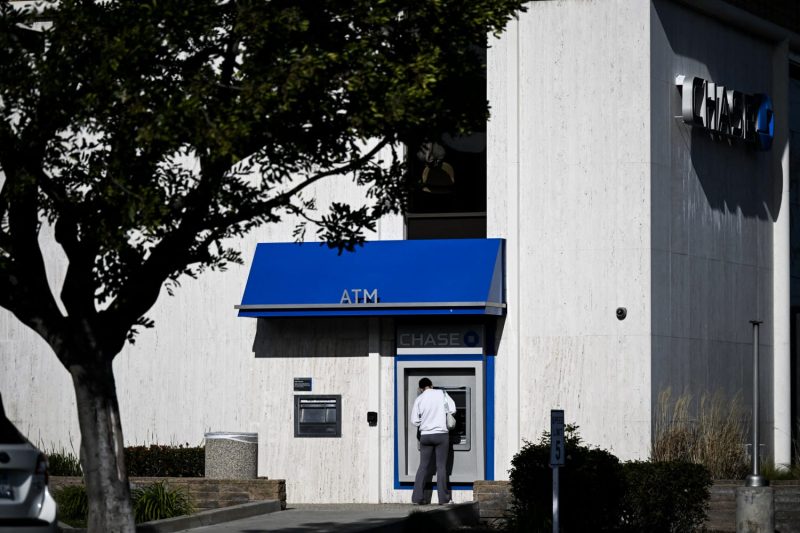In a surprising turn of events, JPMorgan Chase has decided to go after account holders who allegedly benefitted from a so-called infinite money cheat code. The financial giant started suing customers who supposedly stole thousands of dollars in an infinite money glitch.
The event can be traced back to last year when several customers discovered a mistake in the JPMorgan Chase banking app. This glitch reportedly enabled account holders to borrow an unlimited amount of money to make stock investments, hence the nomenclature, ‘the infinite money glitch’.
This loophole was first discovered by a Reddit user who revealed that he had borrowed more than $50,000, the maximum loan limit set by Chase’s brokerage platform, to purchase stocks. This Reddit user purchased equities worth $75,000 in total, even though his account balance was negative $50,000. The borrower, in essence, managed to trick the system into loaning way more than what he was legally eligible to borrow.
The glitch news immediately caught on and more stories soon began to emerge, featuring account holders who had managed to borrow significantly larger sums of cash in the same manner. In one instance, an account holder even boasted about turning a $50,000 loan into nearly $1 million overnight.
JPMorgan Chase, taken aback by the discovery of this significant flaw in their banking app, immediately moved to correct this oversight. They also took action against customers who allegedly exploited this glitch for their personal gain. The bank started investigations and began offering glitch users an opportunity to pay back the funds without interest, in a bid to recover its lost money.
Unfortunately, not all account holders who used the glitch were cooperative. Some reportedly refused to return the borrowed funds, leading JPMorgan to take aggressive legal actions. They reportedly filed lawsuits in Tennessee and California, seeking repayment for funds that were borrowed and not returned by the account holders.
JPMorgan Chase’s legal team is diligently working to reclaim its borrowed funds. Documentation made available by the court of Tennessee shows that Chase is attempting to reclaim over $162,400 in the instances documented so far.
One might conjecture that JPMorgan’s actions can be viewed as a dose of reality for these account holders. The defendants must have assumed that they had hit upon the proverbial golden goose, only to have their dreams dashed by the reality of the banking laws and regulations.
The accountability of the account holders in this case is up for debate. While some believe that the users who exploited the glitch are completely at fault and must face legal consequences, others argue that JPMorgan is equally responsible for not having foolproof systems in place to prevent such illicit exploits in the first place. Some even opine that forgiveness should be given on the basis that the account holders couldn’t resist the lure of infinite money.
Whatever the outcome of these lawsuits, it’s safe to say that this event turned out to be an eye-opener for JPMorgan Chase. A crucial lesson underscored by the episode is the critical importance of testing and securing banking apps. In a financial world increasingly built on digital systems, the ‘infinite money glitch’ serves as a strong reminder of the potential perils of digitalization.
The bank, on its part, acted swiftly in correcting the glitch to prevent further misuse. Heading into an era of digital banking, it is more important than ever to continuously scrutinize the effectiveness of these apps, especially concerning their security and safeguards. Robust measures must be put into place to prevent such loopholes from appearing in future.
